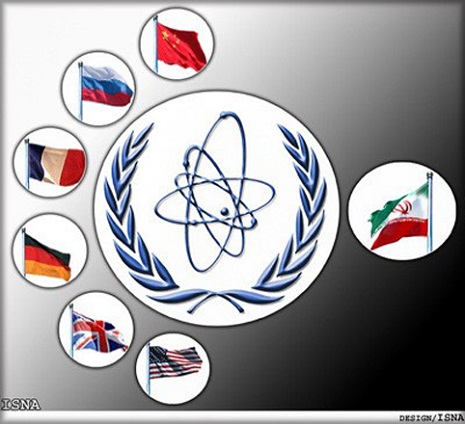Talks should bring end to sanctions, Iran says

On Thursday, Zarif described the talks with the foreign ministers of the P5+1 group -- Britain, China, France, Russia, and the United States, plus Germany -- to resolve the West`s dispute with Tehran over its nuclear energy program as "very good and substantive" and said the result would have to include "a total lifting" of the international sanctions.
"We hope to be able to make progress to solve this issue in a timely fashion (and) to make sure (there is) no concern that Iran`s program is anything but peaceful," he said.
After the meeting, EU foreign policy chief Catherine Ashton appreciated Zarif`s positive approach, saying, "It was a substantial meeting, good atmosphere, energetic. We had a discussion about how we would forward with an ambitious timeframe to see if we could make progress quickly."
US Secretary of State John Kerry called the talks as “constructive," saying "We`ve agreed to try to continue a process that would try to make concrete and find a way to answer the questions that people have about Iran`s nuclear program."
Iran and the P5+1 have held several rounds of talks on a range of issues, with the main focus being on Tehran`s nuclear energy program.
The two sides wrapped up their latest round of negotiations in April in the Kazakh city of Almaty.
The United States, Israel, and some of their allies have repeatedly accused Iran of pursuing non-civilian objectives in its nuclear energy program and have used the unfounded accusation as a pretext to impose illegal sanctions on the Islamic Republic.
Iran rejects the allegations, arguing that as a committed signatory to the nuclear Non-Proliferation Treaty (NPT) and a member of the International Atomic Energy Agency (IAEA), it has the right to use nuclear technology for peaceful purposes.















































